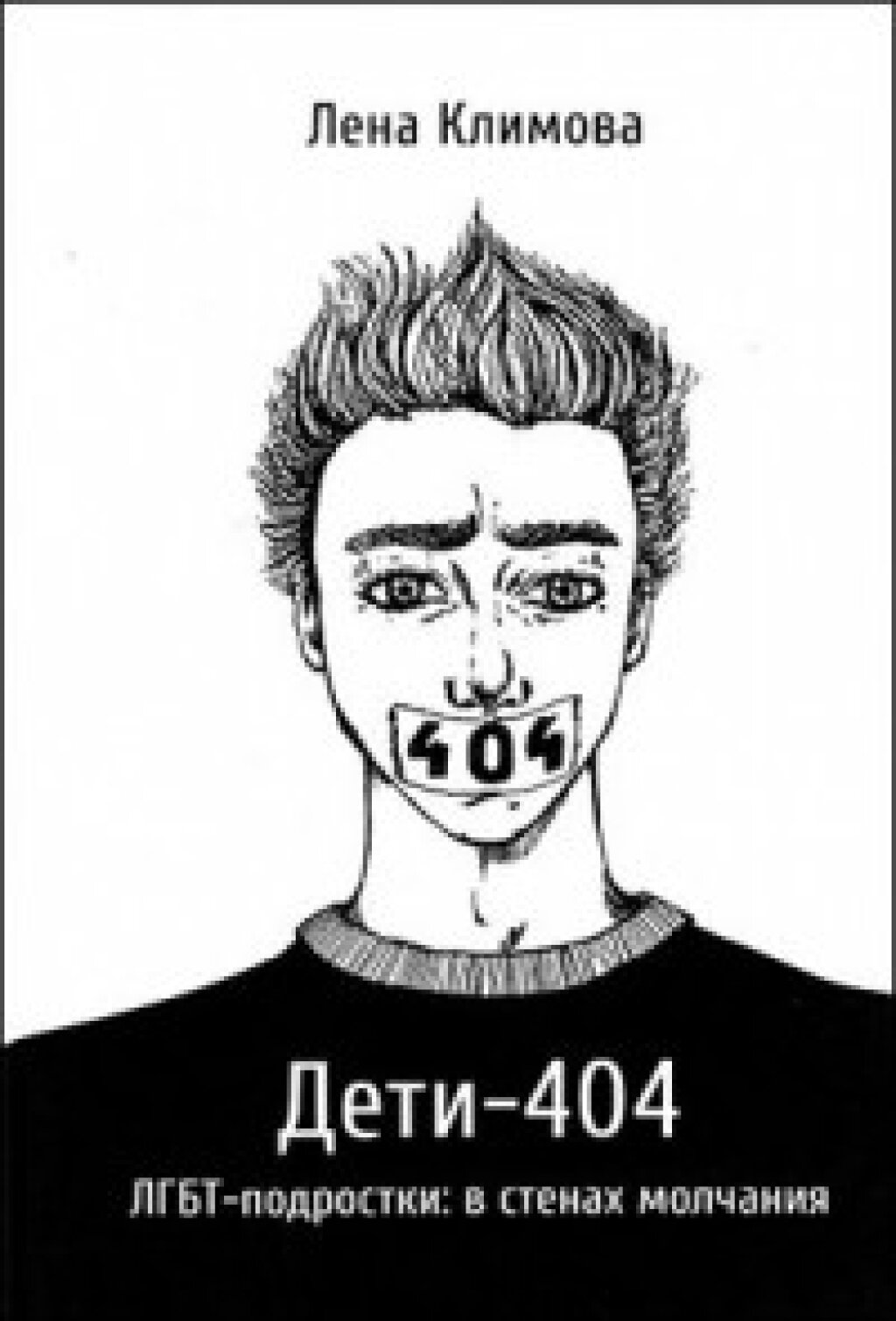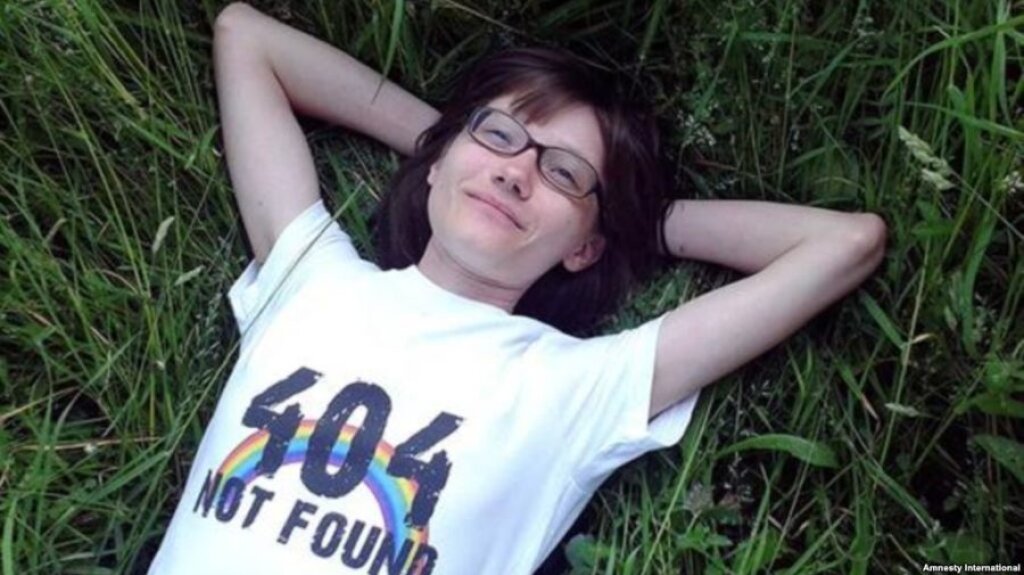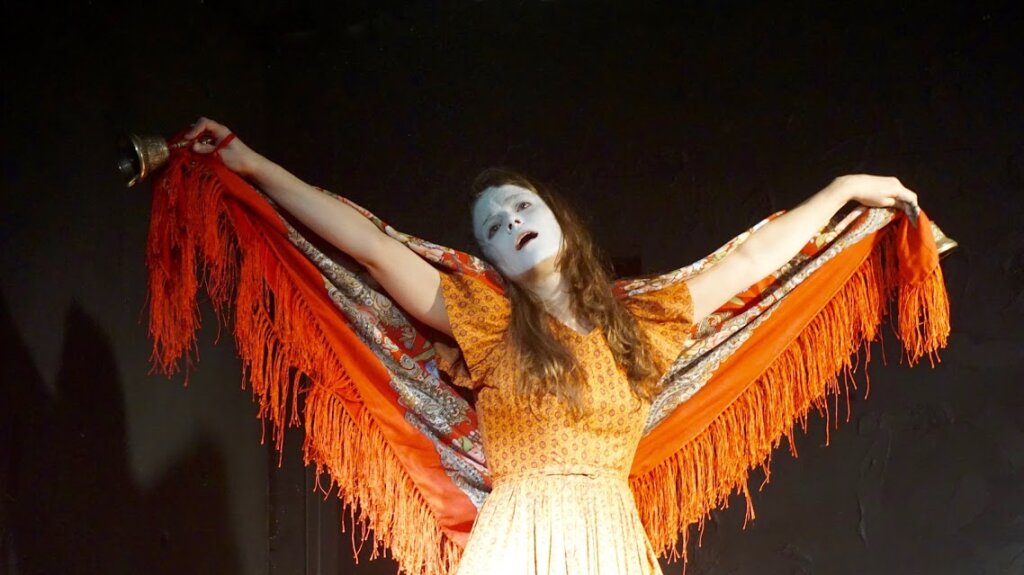Shaun Gabrielli is currently completing his B.A. in International Affairs and Russian at Florida State University.
In recent years, Russia's efforts to increase its global prominence have expressed themselves in a penchant for hosting high-profile sporting events like the 2014 Winter Olympics in Sochi, or the scheduled 2018 FIFA World Cup. Yet human rights issues, particularly relating to the LGBT+ community, have often contributed to a sense of skepticism toward these gestures of international goodwill. The Putin regime's anti-LGBT+ stance is well-documented, but this has not stopped activists from striving to provide spaces where people can freely express their sexual identities and connect with others in similar circumstances — if not in person, then online. One well-known space of this type is the portal known as Children-404.
Founded by the journalist Lena Klimova in 2013, Children-404 provides an outlet for members of the LGBT+ community in Russia who have struggled with issues relating to free expression of their sexuality, especially bullying. The website is structured as a blog to which citizens of the Russian Federation can anonymously submit their stories. It is written entirely in English, making these stories accessible to people worldwide. In many of these stories, citizens, most of them teenagers, narrate their personal experiences with bullying and homophobia. For children living in a homophobic environment, the sense of community Children-404 provides is extremely important in reminding them that they are not alone, that others are living under similar circumstances.
The stories are not all dark, however; like the Trevor Project or Dan Savage's It Gets Better, Children-404 can offer hopeful notes. A boy calling himself "Denis," for example, takes an optimistic perspective. Even as he highlights the difficulties he faced at school, where his peers ostracized him, he also writes that contemporary society is gradually becoming more accepting. After finishing school, he writes, life became a lot easier for him. He also advises those who may be struggling with their identity not to be afraid of who they are, while also remaining safe and drawing comfort from alternative forms of self-expression:
Don’t pay attention to these homophobic laws, don’t try to be invisible. Express yourself – through art, sport or study. Open up only to those you trust. Adolescence is not the best time for public revelations, and your sexual orientation is not a matter of shame or pride. Be yourself, grow up and develop. The whole world is open to you, even though it can be so cruel at times.
Although Children-404 was most active in the months immediately following its inception, it could still be a useful portal for LGBT+ adolescents wishing to read personal narratives by individuals in a similar position. There is no question that access to such a site can help users begin to feel comfortable with their own identities, not to mention less alone in an often intolerant environment.
In 2015, Lena Klimova was convicted of spreading "gay propaganda" and fined 50,000 rubles (then, about $800). Subsequently, the page was officially blocked, although a mirror was immediately opened and quickly outpaced the original site in popularity. Like many journalists, Klimova has been the target of hatred and threats; the same year she was fined, she posted a selection of some of these on her Vkontakte page. Given the obstacles any Internet-based activist faces in the context of the Putin administration's ongoing crackdown on independent media, it is perhaps unsurprising that Klimova's next move was to release an old-fashioned book. Children-404: LGBT Youth Within Walls of Silence, which is meant to be a resource not only for adolescents, but for adults in position of power, from teachers to journalists to psychologists and other mental health professionals, came out in 2014. Unlike the eponymous web portal, whose archives and other resources are under constant threat of shutdown, the book has been regularly updated; Klimova has stated that she plans to come out with a new edition every year.
As recent reports of anti-gay atrocities in Chechnya have shown, the situation of LGBT+ individuals living on the Russian Federation's territory remains precarious. The larger Children-404 project offers a scarce resource to a particularly vulnerable segment of the population — unlike their counterparts in Western Europe and North America, non-heterosexual Russian teens have few outlets for self-expression and community-building. Children-404 takes its name from a common HTTP error displayed when a user attempts to access a webpage with a nonexistent or broken URL, the joke being that, contrary to the government's assertions, gay, lesbian, and gender-nonconforming Russians do, in fact, exist. One can only hope that it and similar on- and offline communities continue to flourish.




